In the digital age, your online presence is more than just a profile. It’s your resume, your portfolio, and your reputation. With the rise of Web3 technologies, a new way to showcase your professional identity is emerging—Reputation NFTs. These unique digital tokens act like on-chain resumes, storing skills, achievements, and credentials on a public blockchain.
This idea blends NFTs and career credentials into a single, transparent identity. Let’s explore how an NFT resume works, how reputation tokens are different from other NFTs, and why Web3 identity is reshaping how we present our professional lives.
What Are Reputation NFTs?
Reputation NFTs are non-fungible tokens that represent a person’s skills, accomplishments, and work history. Unlike standard NFTs used for art or gaming, these are designed for professional use.
Each NFT can contain data like:
- A job title or role completed
- A course certificate or training badge
- Proof of work in a DAO or blockchain project
- Endorsements from peers or employers
Since they’re stored on the blockchain, these tokens are verifiable, tamper-proof, and permanent. That makes them different from paper resumes or centralized job platforms that can be altered or deleted.
Why NFT Resumes Matter in Web3
In traditional systems, your career history is often scattered across platforms—LinkedIn, freelance sites, company HR systems, and more. None of them truly belong to you.
In Web3, your NFT resume becomes part of your decentralized identity. You own it, and you control who sees it. No middlemen. No need to ask HR for verification. It’s all stored in your wallet.
Here’s a quick comparison of traditional resumes vs NFT resumes:
Feature | Traditional Resume | NFT Resume (Reputation Token) |
Ownership | Employer or platform | You |
Verifiability | Hard to prove | Blockchain-verified |
Portability | Platform-dependent | Stored in crypto wallet |
Privacy control | Limited | Full user control |
Prone to fraud | Tamper-proof and transparent |
Use Cases for Blockchain Career Credentials
Reputation tokens can be used in many ways. They are especially useful for people working in decentralized fields where traditional resumes don’t apply.
1. Freelancers and Gig Workers
Web3 freelancers can show proof of completed projects through NFT badges. Clients can check their NFT resume to confirm skills or past work.
2. DAO Contributors
Decentralized Autonomous Organizations (DAOs) often lack formal HR. Reputation NFTs show who did what and when, making it easier to assign roles or payments.
3. Online Course Graduates
Learning platforms can issue NFTs to students who finish courses. These credentials stay in the wallet and can be shown to future employers or partners.
4. Hackathon Participants
Winning a hackathon? That victory can be minted as an NFT, proving your participation and success forever.
Web3 Identity: Trust Without a CV
In a decentralized world, we still need to trust others. Whether hiring, collaborating, or investing, people want to know who they’re dealing with. That’s where Web3 identity shines.
With blockchain career credentials, you don’t need to upload PDFs or ask someone to call your references. Instead, your reputation tokens are visible and provable. You can link them to your wallet address, and anyone can check them.
Some platforms even let you build a professional profile based entirely on these tokens. That’s a game-changer for people working across borders or without traditional degrees.
Benefits of Reputation NFTs
Let’s break down the main benefits:
- Ownership: You own your resume, not a third-party site.
- Verification: Anyone can confirm your achievements on-chain.
- Portability: Take your credentials anywhere across Web3 platforms.
- Trust: No fake degrees or lies—only verified data.
- Privacy: You choose what to reveal and to whom.
Challenges and Considerations
This tech is new, and like all new ideas, it has growing pains. A few concerns include:
- Privacy: Not everyone wants all their info public.
- Standardization: No universal format yet for NFT resumes.
- Adoption: Employers outside Web3 may not understand it.
- Scams: Fake credentials could still be minted by bad actors.
Still, these challenges are being tackled. Projects like Proof of Talent, Otterspace, and Gitcoin Passport are already working on real-world solutions.
Reputation NFTs are not just a trend—they’re the next step in digital identity. As more people work, learn, and grow in decentralized spaces, NFT resumes and blockchain career credentials will become key parts of professional life.
Think of them as your passport in the Web3 world. Not just a profile—but a record of who you are, what you’ve done, and what you can do next.
If you’re active in crypto, DAOs, or remote work, it’s time to consider building your own NFT resume. The future of work is on-chain. Are you ready?
Remember, investing in cryptocurrencies involves risks, and it’s important to conduct thorough research and seek professional advice before making any financial decisions. (Please keep in mind that this post is solely for informative purposes and should not be construed as financial or investment advice.)




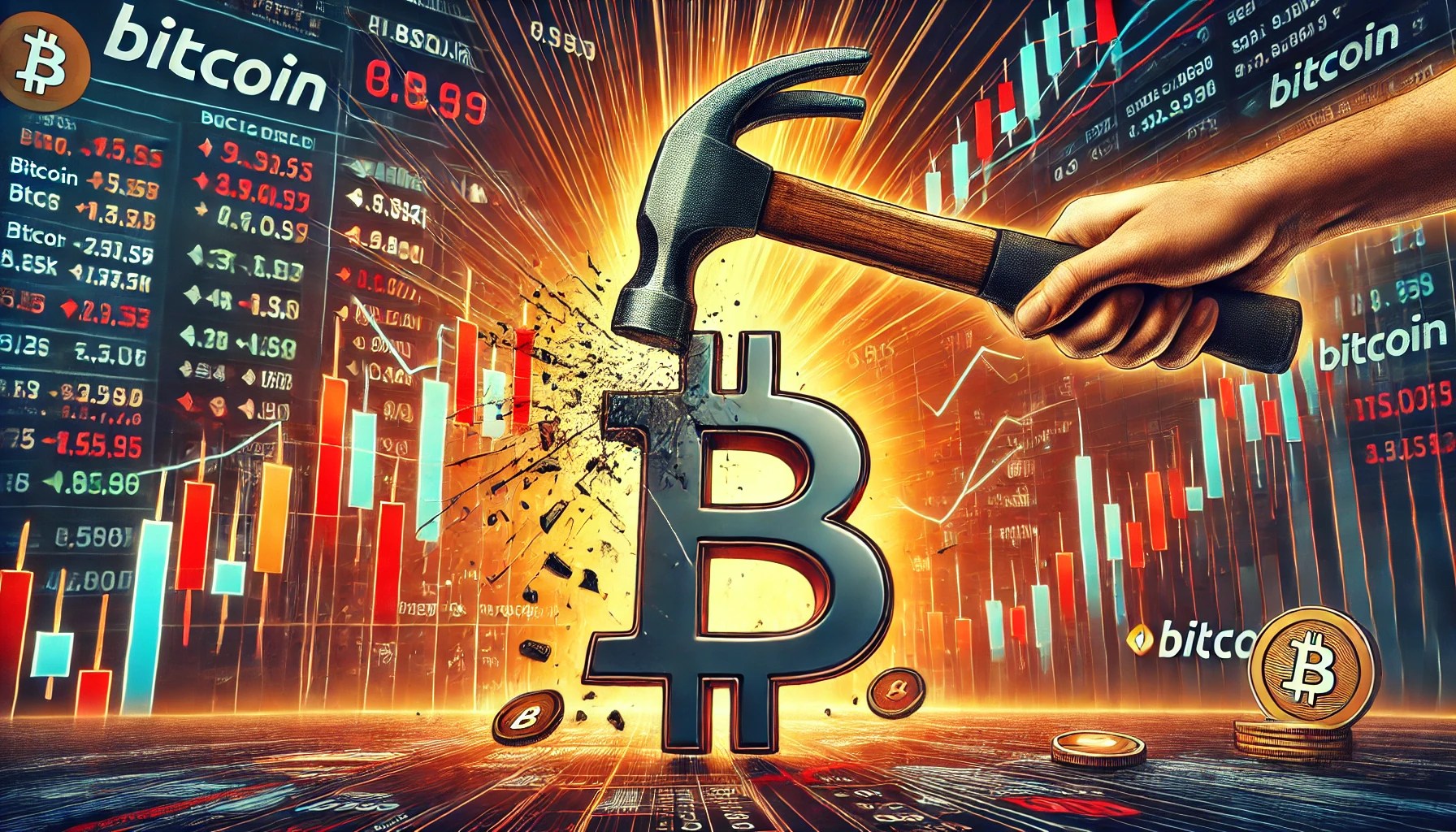
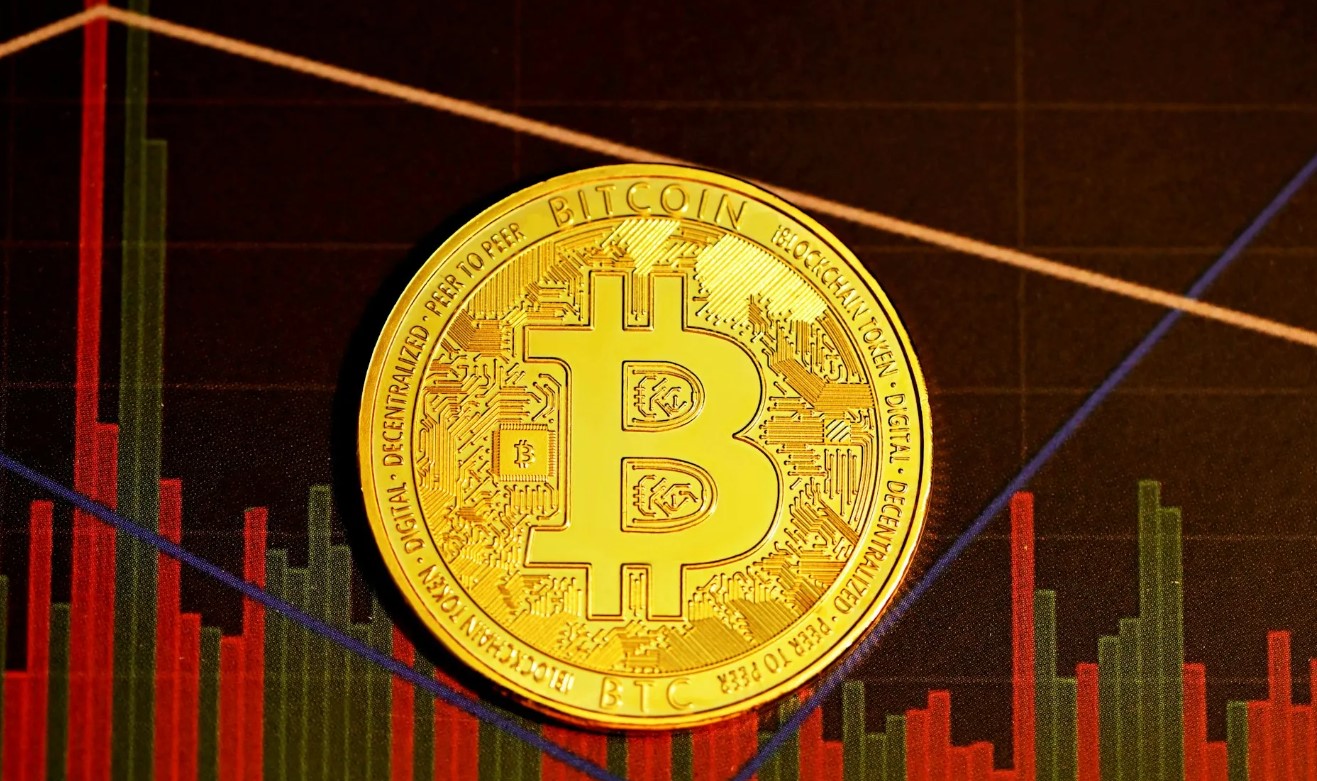
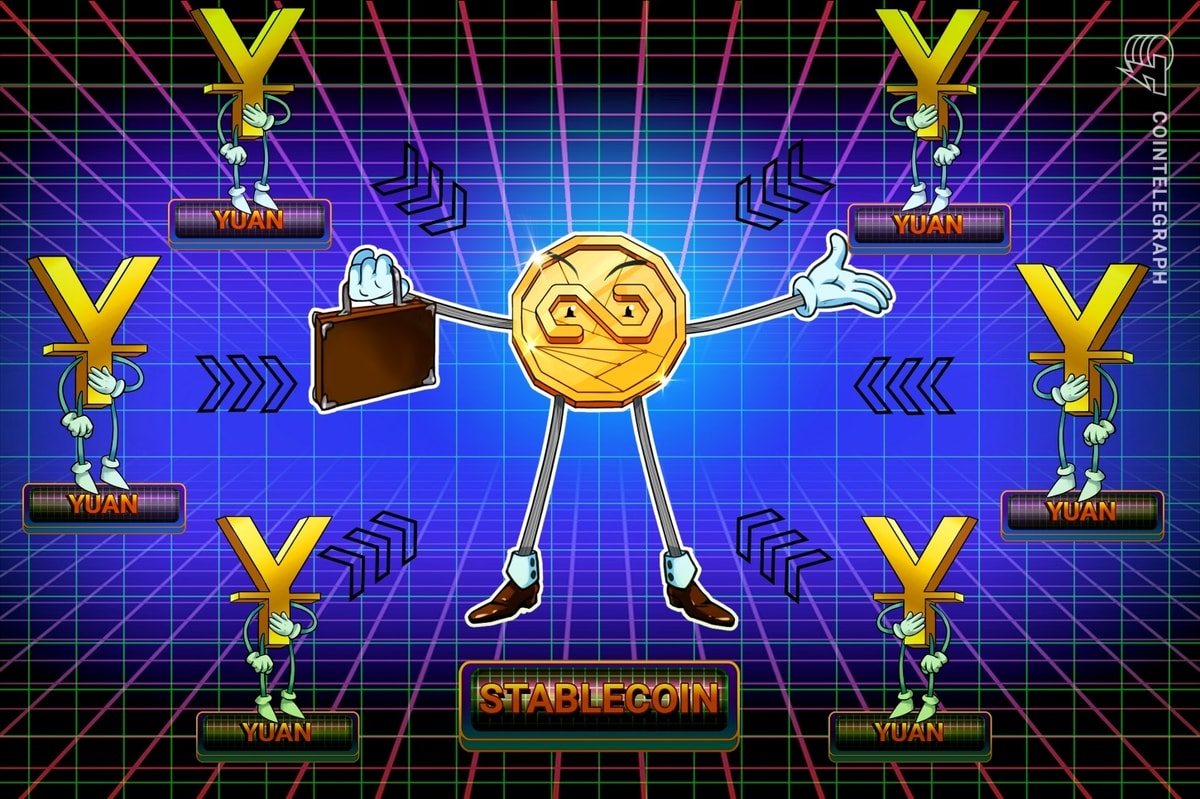




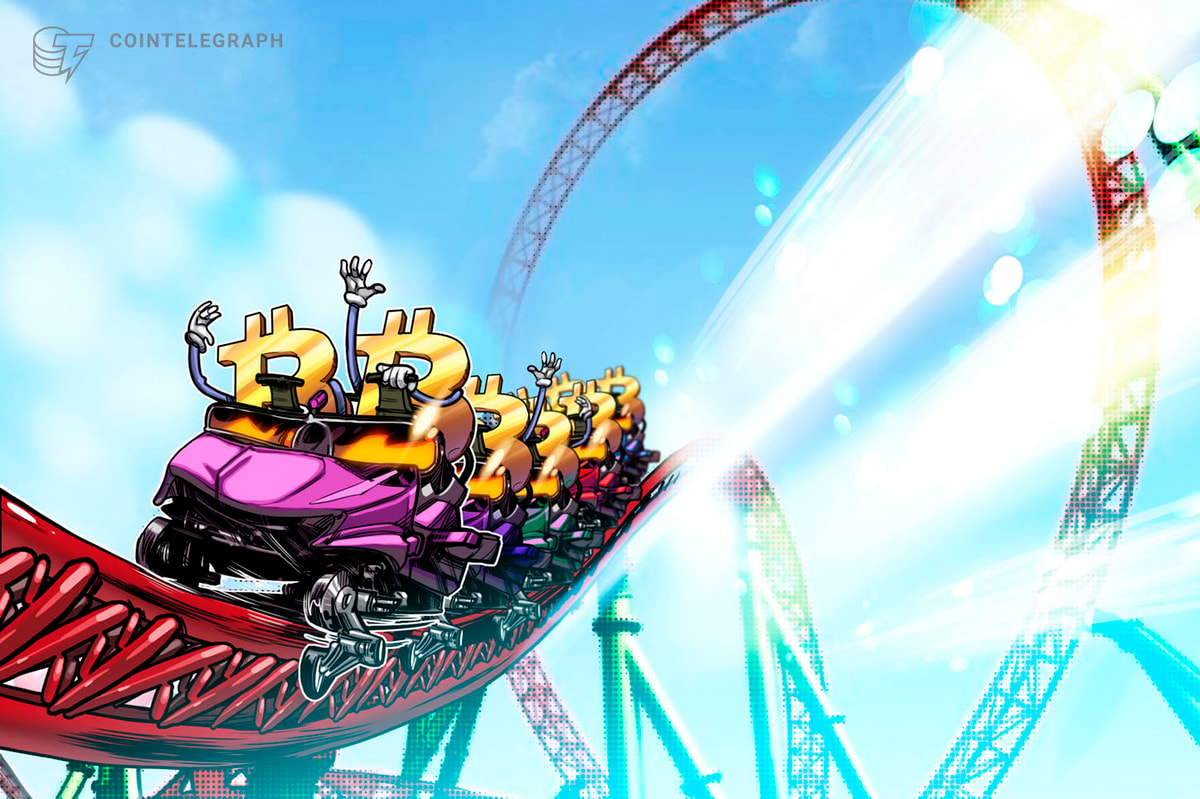


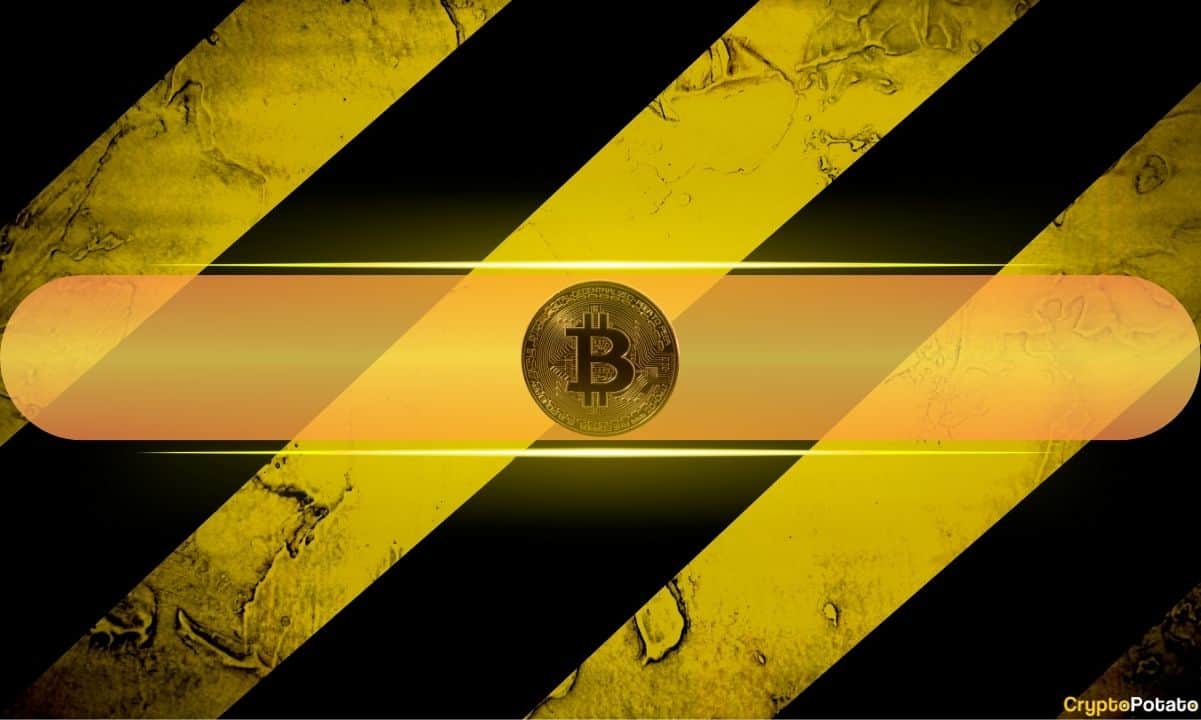

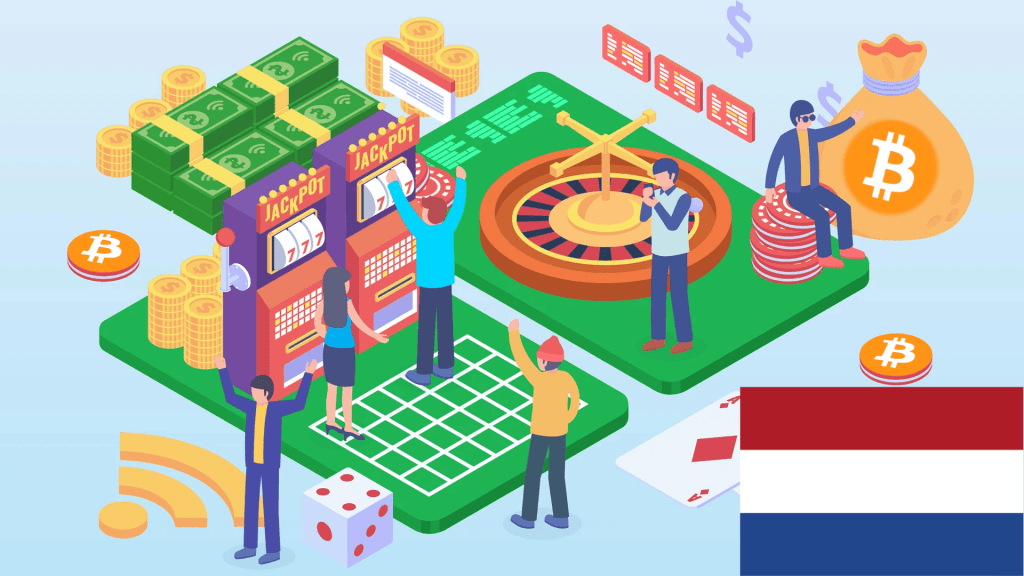
 English (US) ·
English (US) ·